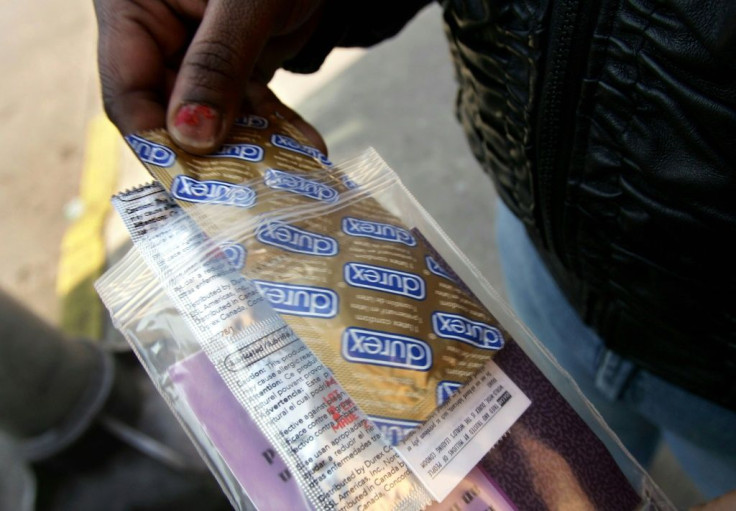‘Flesh-Eating’ STD That Causes ‘Beefy Red’ Ulcers Is Spreading In UK
KEY POINTS
- Donovanosis causes ulcer-like sores that can bleed and grow back
- The flesh-eating STD can be transmitted through nonsexual contact in rare cases
- Donovanosis can recur within 6 months of the initial infection
A type of sexually transmitted disease known to cause “beefy red” lesions and eat human flesh is slowly spreading across the United Kingdom.
Granuloma inguinale, also known as donovanosis, is a rare type of STD that causes thick ulcer-like sores with a “beefy red” appearance that can damage a person’s genital tissues. Donovanosis is more common in parts of India, Papua, New Guinea, the Caribbean, central Australia and southern Africa, according to the Centers for Disease Control and Prevention (CDC).
The disease also rarely occurs in the United States and the U.K. However, the number of reported cases in the U.K. has been steadily increasing since 2016, according to Public Health England.
In 2019, health officials reported 30 cases of donovanosis. While the number remains relatively low compared to other STDs, Dr. Shree Datta from London’s MyHealthCare Clinic warned that the rising figures could pose a risk to public health.
"Figures suggest that donovanosis -- which was previously thought to be restricted to places including India, Brazil and New Guinea -- is becoming more common on these shores,” Dr. Datta said told Birmingham Live.
On average, donovanosis is transmitted when a person who has the infection engages in unprotected vaginal or anal intercourse. Donovanosis can also be transmitted through oral intercourse.
However, in rare cases, people with the infection can transmit the flesh-eating STD through nonsexual, skin-to-skin contact. Newborn babies can also have the infection if born to a mother who had the infection during childbirth.
People who have been infected with donovanosis may start seeing the symptoms within one to four months, according to Healthline. Symptoms include:
- Widespread ulcers around the genital area or anus
- Bulging red bumps
- Painless red bumps that bleed and grow back
- Damaged skin
- Loss of genital tissue color
Health experts are urging people to use external and internal condoms to prevent exposure to any bodily fluids that may transmit the bacteria. People diagnosed with the disease are also advised against engaging in any sexual activity until the infection has cleared up.
In some cases, donovanosis may recur around six to 18 months after the initial infection. In other cases, the patient may need to get surgery to remove any leftover scar tissue from the infection, according to Men’s Health.

© Copyright IBTimes 2025. All rights reserved.






















